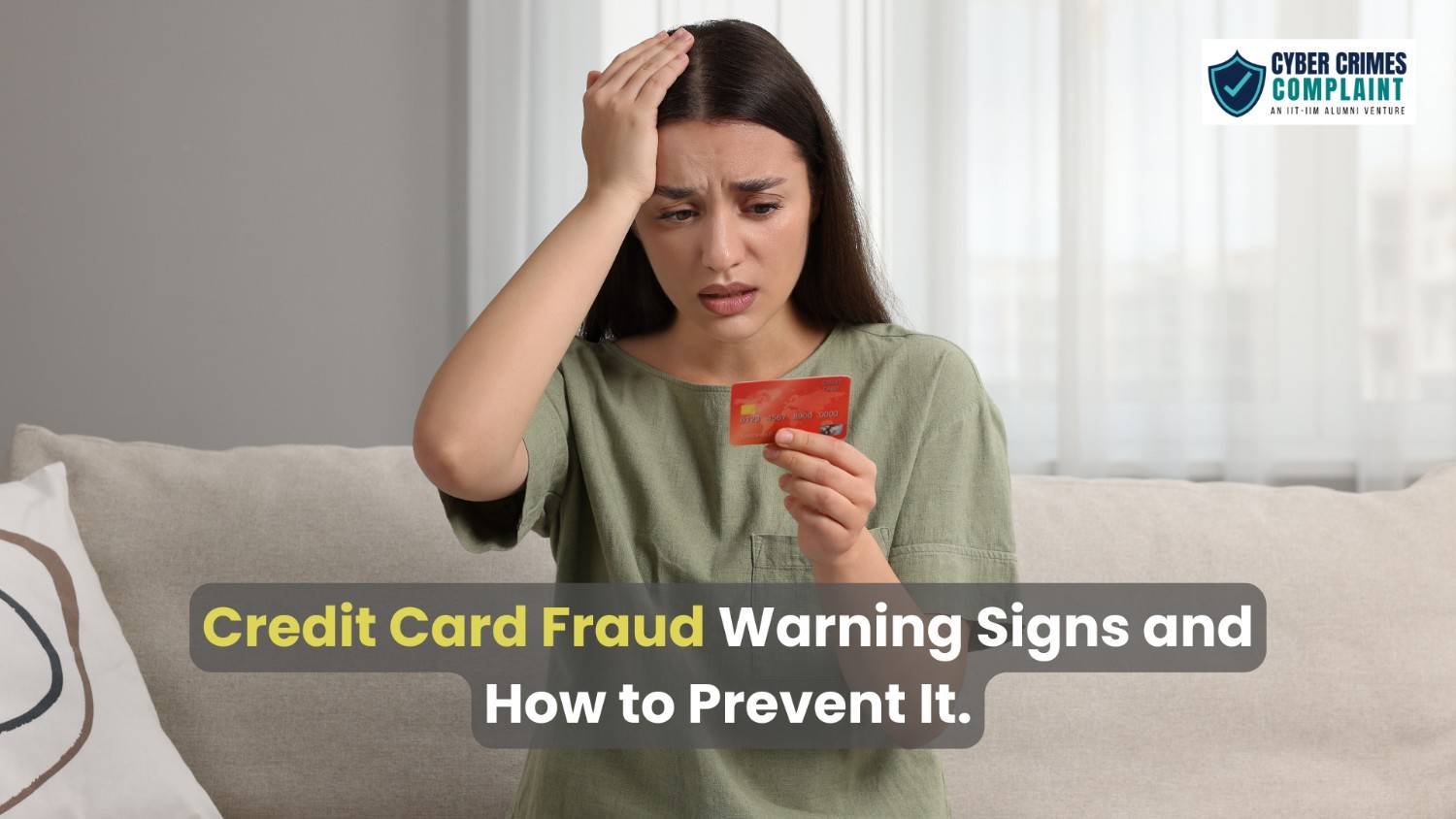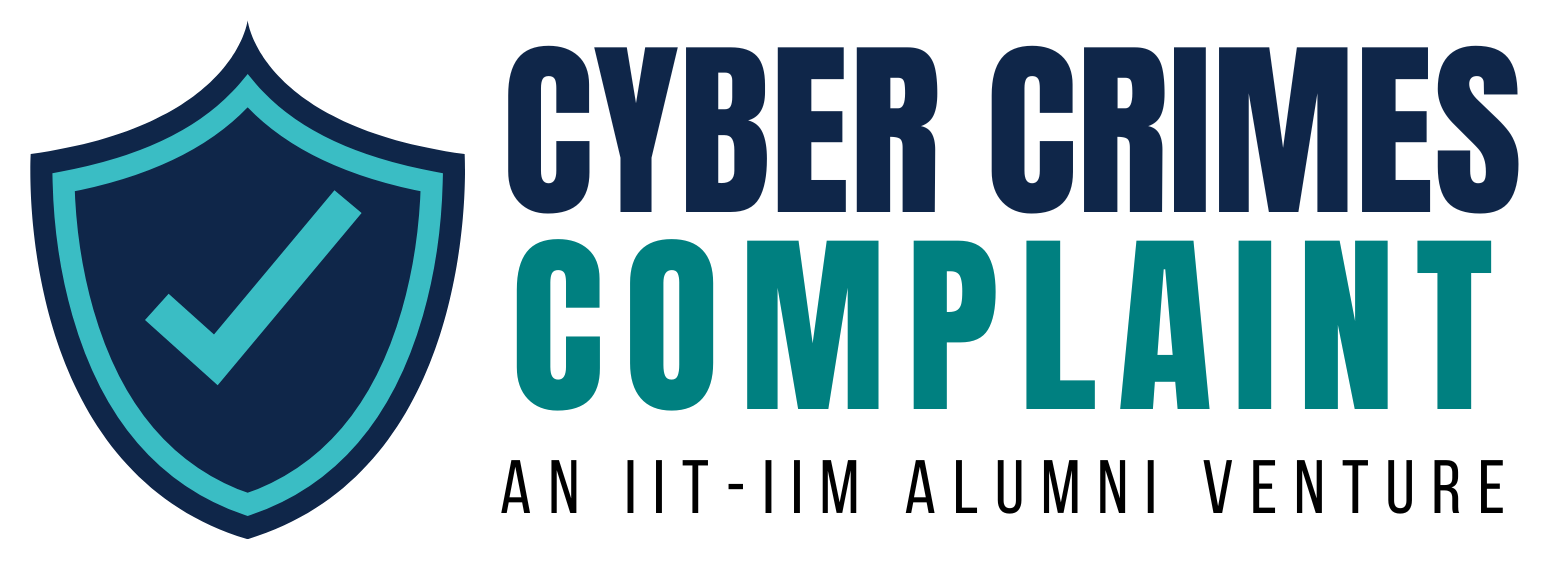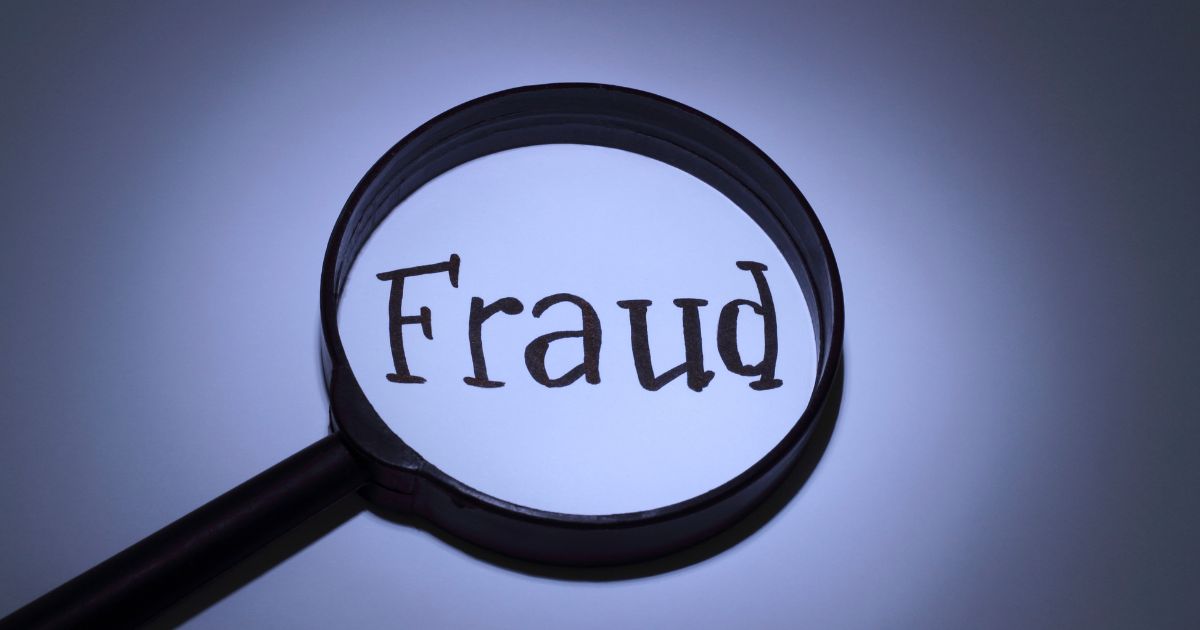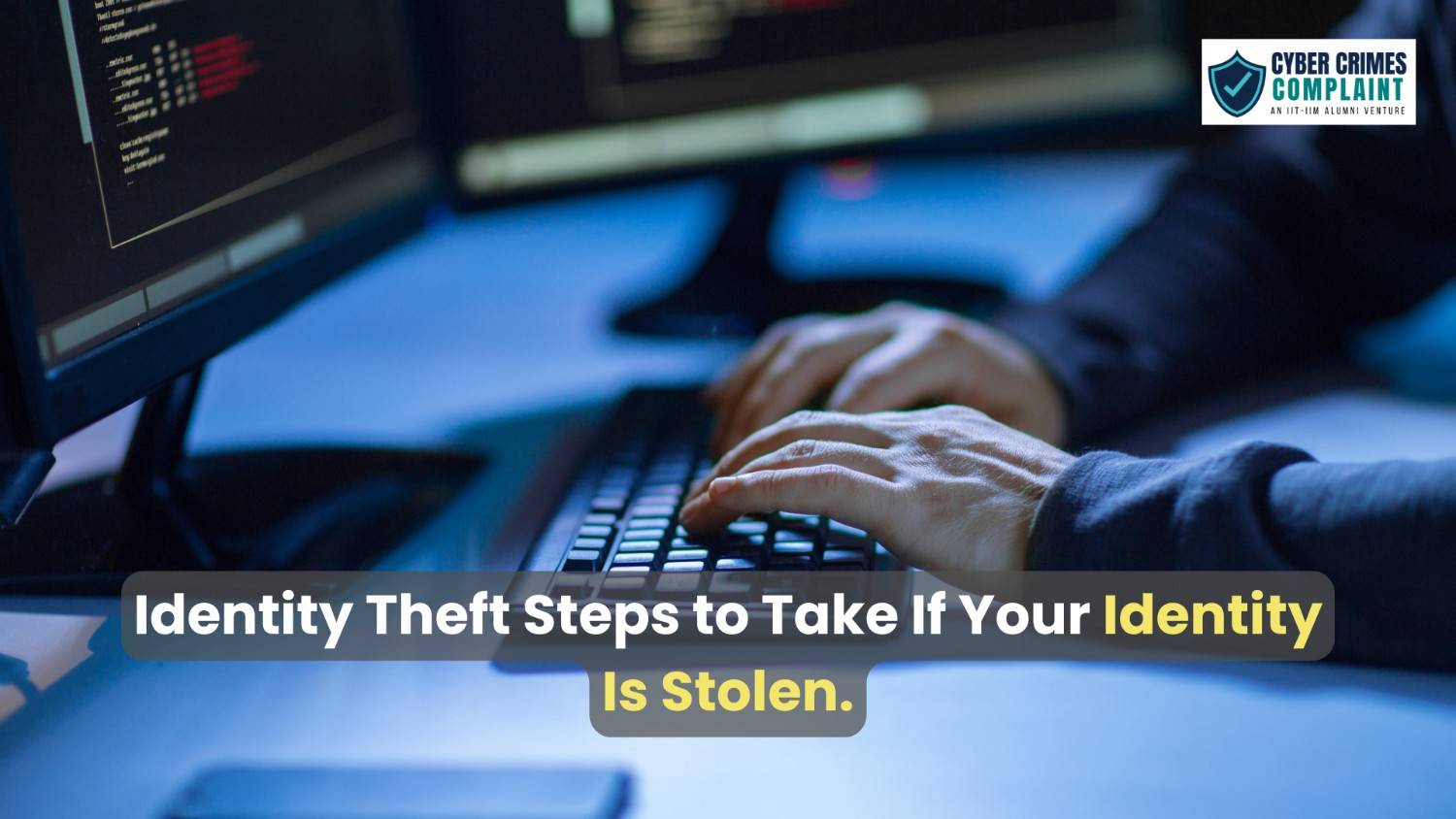· Credit Card Fraud · 4 min read
Credit Card Fraud: Warning Signs and How to Prevent It
Credit card fraud is a growing concern, but understanding its warning signs and adopting preventative measures can help protect your finances from potential threats.

In today’s digital age, credit card fraud is an increasingly common crime that can happen to anyone. Understanding the warning signs and how to safeguard your financial information is essential to protect yourself from potential financial harm.
What Is Credit Card Fraud?
Credit card fraud occurs when someone uses your card or card information without your permission, typically to make purchases or withdraw funds. Fraudsters have developed many sophisticated ways to get your information, often without your knowledge.
Common Types of Credit Card Fraud
Identity Theft
This occurs when someone steals your personal information to open credit card accounts in your name. Identity theft can have long-lasting financial effects if not detected and resolved quickly.Card-Not-Present (CNP) Fraud
With CNP fraud, fraudsters make online or over-the-phone purchases using your card information without physically having the card. Since no PIN or signature is required, it’s harder to detect.Skimming and Cloning
Skimming happens when a thief uses a device to capture your card’s magnetic stripe data, often at ATMs or gas stations. Cloning involves copying this data onto another card.Phishing Scams
Phishing involves tricking you into revealing your credit card details by impersonating legitimate entities. These scams are often conducted through emails, fake websites, or calls.
Warning Signs of Credit Card Fraud
Detecting credit card fraud early can prevent severe financial damage. Here are some signs to look out for:
Unauthorized Transactions on Your Account
Check your statement regularly. Any unapproved purchases or withdrawals, regardless of the amount, could signal fraud.Unexpected Account Alerts or Messages
If you receive alerts for purchases you didn’t make or other account activities, it could be a sign that someone is using your card details.Errors in Your Credit Report
Look for any credit inquiries or new accounts that don’t belong to you. Fraudsters may use your information to open other lines of credit.Unfamiliar Accounts in Your Name
Sometimes, fraudsters may create new accounts using your credit details. If you notice strange accounts, report them immediately.
How to Prevent Credit Card Fraud
Prevention is your first line of defense against fraud. Taking the following steps can reduce your risk:
Strengthen Your Online Security
Use Strong Passwords
Avoid common passwords and use complex combinations of characters. Change your passwords regularly to keep your accounts secure.Enable Two-Factor Authentication
Two-factor authentication (2FA) adds an extra layer of security. Even if a hacker gets your password, 2FA can help prevent access.Be Cautious with Public Wi-Fi
Public Wi-Fi networks are often unsecured, making it easy for hackers to intercept data. Avoid accessing your financial accounts when using public networks.
Avoid Phishing and Scams
Be wary of any unsolicited emails or texts asking for your card details. Verify any requests from banks by contacting them directly.
Safe Practices for Using Your Credit Card
Even with strong security, safe habits are essential in preventing fraud.
Monitor Your Credit Card Statements Regularly
Review your statements at least once a month to catch any fraudulent transactions early.Set Up Account Alerts
Most banks allow you to set up alerts for transactions. Alerts can help you monitor your card’s usage closely.Review Your Credit Report Annually
In many countries, you’re entitled to a free annual credit report. Reviewing it can help you spot and report any discrepancies quickly.
How to Report Credit Card Fraud
If you notice any suspicious activity on your account, act immediately:
Contact Your Bank or Credit Card Provider
Inform your bank or credit card company as soon as you identify fraud. They can cancel the card, issue a replacement, and begin an investigation.File a Report with Relevant Authorities
In addition to informing your bank, file a complaint with the local authorities or relevant government agency to document the crime.
Conclusion
Credit card fraud can be damaging, but by staying vigilant and proactive, you can protect yourself. Recognizing warning signs and adopting safe practices for using and securing your card information can go a long way in keeping your finances safe.
FAQs
What should I do if I notice an unauthorized transaction?
Immediately contact your bank or card issuer to report the suspicious transaction. They can assist with blocking the card and investigating the matter.How can I protect myself from online credit card fraud?
Use strong passwords, enable two-factor authentication, and avoid sharing sensitive information over unsecured networks.Is it safe to use public Wi-Fi for online transactions?
No, it’s safer to avoid public Wi-Fi for financial transactions. If necessary, use a VPN for added security.How often should I check my credit report?
At least once a year. Regular checks allow you to catch potential fraud early.What steps can I take if I am a victim of credit card fraud?
Report it to your bank immediately, file a police report, and consider placing a fraud alert on your credit file.


.v6LwWvSx.jpeg)
